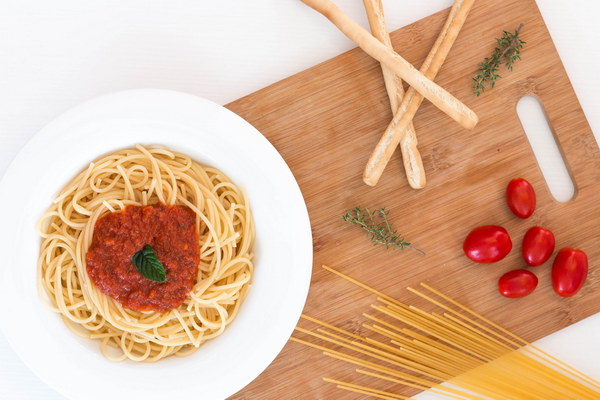Nurturing Health A Guide to Wellness for Hypertensive and Coronary Heart Disease Patients
Introduction:
Hypertension and coronary heart disease are two of the most common chronic diseases affecting millions of people worldwide. Maintaining a healthy lifestyle is crucial for managing these conditions effectively. This article aims to provide valuable insights into how individuals with hypertension and coronary heart disease can adopt a wellness-oriented approach to improve their quality of life.
1. Diet:
A balanced diet plays a vital role in managing hypertension and coronary heart disease. Here are some key dietary recommendations:
a. Reduce salt intake: Excessive salt can lead to high blood pressure. Aim for no more than 2,300 milligrams of sodium per day, and consider reducing it further to 1,500 milligrams if you have hypertension.
b. Increase potassium intake: Potassium helps to counteract the effects of sodium on blood pressure. Include potassium-rich foods such as bananas, oranges, tomatoes, and leafy greens in your diet.
c. Limit saturated and trans fats: These unhealthy fats can contribute to the development of coronary heart disease. Opt for healthier fats like monounsaturated and polyunsaturated fats found in avocados, nuts, and olive oil.
d. Focus on whole grains: Whole grains, such as brown rice, quinoa, and whole-wheat bread, are rich in fiber, vitamins, and minerals that can help control blood pressure and lower the risk of heart disease.
e. Consume plenty of fruits and vegetables: Aim for at least five servings of fruits and vegetables per day to provide essential nutrients and antioxidants.
2. Exercise:
Regular physical activity is crucial for managing hypertension and coronary heart disease. Here are some exercise recommendations:
a. Aim for at least 150 minutes of moderate-intensity aerobic exercise per week, such as brisk walking, swimming, or cycling.
b. Include strength training exercises twice a week to build muscle and improve overall fitness.
c. Consult with a healthcare professional before starting any new exercise regimen, especially if you have existing health conditions.
3. Weight management:
Maintaining a healthy weight is essential for managing hypertension and coronary heart disease. Here are some tips for weight management:
a. Create a calorie deficit by consuming fewer calories than you burn.
b. Focus on portion control and mindful eating to avoid overeating.
c. Seek professional guidance, such as a registered dietitian or a certified fitness trainer, to develop a personalized weight management plan.
4. Stress management:
Chronic stress can exacerbate hypertension and coronary heart disease. Here are some stress management techniques:

a. Practice relaxation techniques such as deep breathing, meditation, or yoga.
b. Engage in hobbies or activities that bring you joy and help you unwind.
c. Ensure you get enough sleep, as poor sleep quality can contribute to increased stress levels.
5. Regular health check-ups:
Regular visits to a healthcare professional are essential for monitoring your condition and adjusting your treatment plan as needed. Here are some key check-ups to consider:
a. Blood pressure monitoring: Regular blood pressure checks can help you track your progress and adjust your treatment plan if necessary.
b. Cholesterol levels: High cholesterol can increase the risk of coronary heart disease. Regular cholesterol checks are important for early detection and management.
c. Blood sugar levels: If you have diabetes, it's crucial to monitor your blood sugar levels regularly to prevent complications.
Conclusion:
Managing hypertension and coronary heart disease requires a comprehensive approach that includes diet, exercise, weight management, stress management, and regular health check-ups. By adopting these wellness strategies, individuals with these conditions can improve their quality of life and reduce the risk of complications. Remember to consult with healthcare professionals for personalized advice and support throughout your journey to better health.









